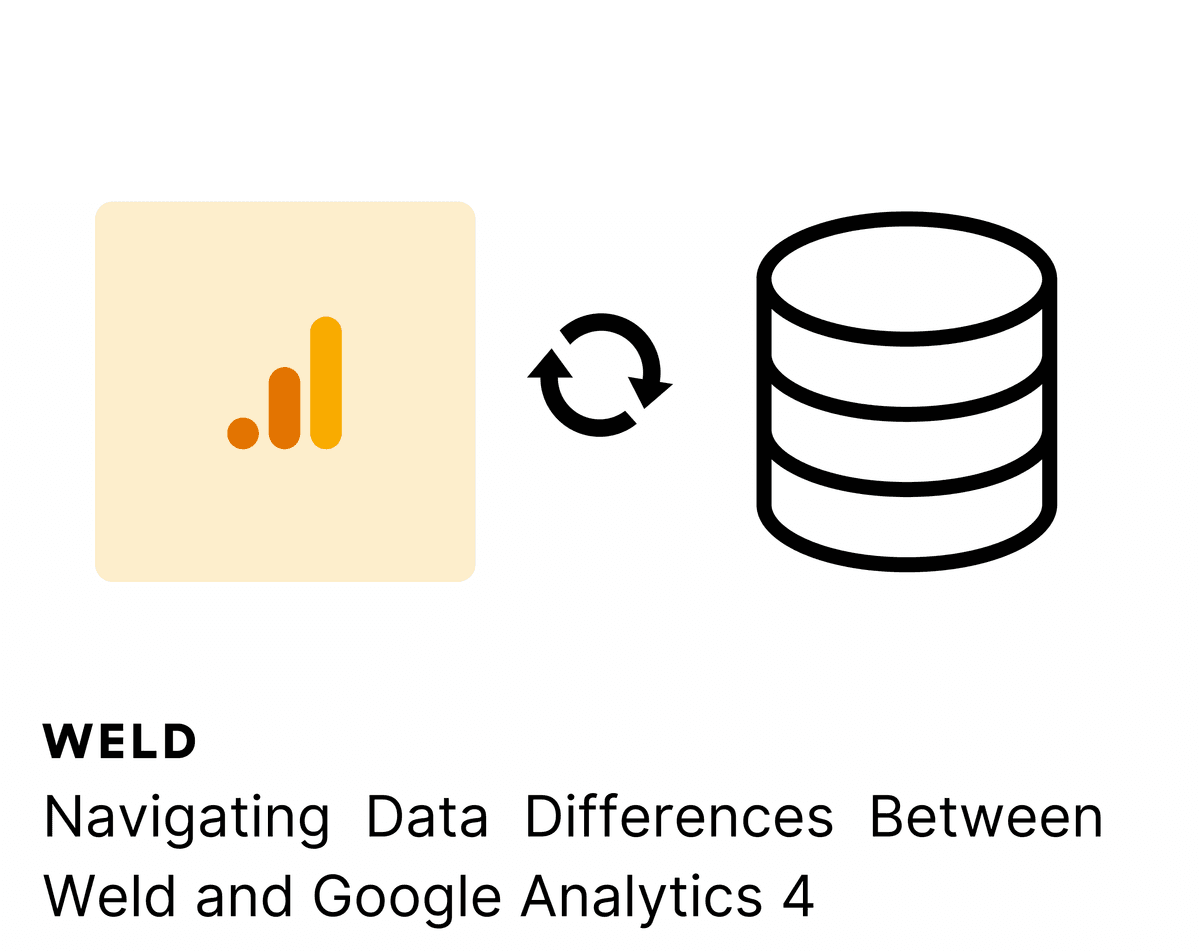
If you’re a data specialist, you know that ELT pipelines are the backbone of your data operations. Without ELT, your data warehouse would remain empty, leaving you without the fabric of your craft. And while building ELT pipelines from scratch might be the approach some people take, more and more data teams are relying on ELT tools to stream data from all of their sources into their warehouse, fueling their Modern Data Stack.
Like most of the software we use to do our work (ie., all of those data sources mentioned above), there are several ELT tools to choose from. And whether you’re a junior data analyst or a seasoned expert, it can be tough to know which software is right for you or your team. So we’ve rounded up a list of the best-in-class ELT software out there, and outlined what they’re best used for as well as their pricing.
What are modern ELT tools?
As you likely already know, ELT stands for Extract, Load, and Transform, and is a commonly used data integration technique. With the rise of cloud-based data warehousing, more data specialists are opting for an ELT approach rather than the more traditional ETL approach, in which data is transformed before it’s loaded into the data warehouse.
Read more on the difference between ELT and ETL →
So as you might have guessed, ELT tools are the software and apps that perform ELT functions for you. Many of them have pre-built pipelines to make streaming data into your data warehouse faster, easier, and more efficient without the need for custom code. But not all ELT software is built the same, and some are better suited than others depending on your team’s context and the greater data stack you’re working with.
Keep reading to find the right ELT tool for your purposes!
The 6 best ELT tools for a Modern Data Stack
Here’s our roundup of the top 6 ELT tools for forward-thinking data teams of today.
1. Weld
We had to do it! But really, Weld’s extract function is among the best ELT tools available on the market in 2022. With dozens of pre-built ELT pipelines, Weld gets you extracting data into your warehouse in mere minutes. Compatible with top data warehouses Google BigQuery and Snowflake, you can get up and running with Weld no matter what your current data stack looks like. And if you don’t have a data warehouse yet, you can quickly set up a managed BigQuery warehouse through Weld. Weld is also a EU-based provider and therefore the sure choice for any EU-based company.

One of the main differences between Weld and other ELT solutions is that the Weld offer is far more than just ELT software. While you can use it solely for its ELT connectors, the platform also has a data modelling tool with collaboration, lineage, and error detection features to create and store all your models in one place. And with several ready-to-use reverse-ETL pipelines, you can also stream your data out of your warehouse and back into your apps with Weld.
.png)
Weld tops our list of ELT tools, but don’t just take our word for it — when we recently launched Weld on Product Hunt, our early adopters were eager to share their feedback. Here’s what Anna Anttila, Revenue Operations Specialist at Corti had to say:
“Before deciding to build our BI capabilities with Weld I evaluated a number of other options and in the end determined Weld to be the best both because the tool enabled us to have the flexibility and robustness we needed to define our metrics and add new data sources in the future, and I knew we could rely on a strong data engineering team from Weld to help set everything up.”
To learn more about how Weld can power your data operations, book a call with one of our data specialists or sign up free today.
Weld pricing
You can start with any of Weld’s plans free for 14 days, and a free forever version is available.
Discover the details of Weld’s pricing options →
2. Talend
Next up on the list is Talend’s data integration tool, one piece of the broader Talend Data Fabric platform. Talend’s complete software is a robust data solution that goes beyond data integration to also encompass data quality management, data integrity and governance, application and API integration, and more.
With both ELT and ETL capabilities, Talend is a good option for those with on-premise data warehousing and/or a cloud-based data warehouse. Geared towards larger enterprises, the complete Talend product is generally best suited for seasoned experts and large, mature data teams. As a reviewer on Gartner states:
“The tool is great but requires a learning curve.”
Talend pricing
While package tiers are outlined on the Talend website, actual prices are not listed. Users must contact sales or book a demo from the pricing page to learn more about the actual cost of the product.
3. Airbyte
An open-source data integration platform, Airbyte is a popular choice for those building a modern data stack. Airbyte boasts their collection of ELT connectors as well as the ability to build custom ones in the platform, a differentiator from other no-code ELT tools. Because building custom pipelines requires coding knowledge, this special feature will only benefit data specialists with solid coding abilities.
Airbyte is built to work well with DBT and SQL, so this is an important thing to note before deciding to use the tool. In a review from Confessions of a Data Guy, he shares:
“If you don’t have workloads that currently use DBT or fit well into that model, this probably isn’t the tool for you.”
Airbyte pricing
The Airbyte pricing relies on a credits system. One credit is equivalent to ⅙ million rows, or 250MB — so 6 credits for 1 million rows or 4 credits for 1MB. Each of these credits costs users $2.50, and a 14-day free trial is offered.
4. Hevo Data
Hevo Data has ETL, ELT, and reverse-ETL capabilities, and is code-free with integrations to various tools and data warehouses. For non-technical users who want to get up and running with their data, Hevo can help.
That said, experienced data specialists may wish for some more technical depth in the platform, giving them room to do more complex work. As one reviewer on G2 puts it:
“Hevo is really good for normal pipelines, but it has some limitations for more complex use cases.”
Hevo Data pricing
Hevo Data’s pricing is divided into the functions it offers. For the ETL/ELT tool, pricing starts at $239 per month and increases based on usage. Their reverse-ETL tool is $199 per month. Both the ETL/ELT and the reverse-ETL tools offered by Hevo Data have free trial options for 14 days.
5. Fivetran
Another no-code-needed ELT solution, Fivetran offers a bank of ready to use ELT connectors to stream data from your tools to your warehouse. Users say it’s easy to use and helpful for reducing manual pipeline building, but that it’s important to have a data stack that’s compatible. From a review on G2:
“If starting from scratch, try to ensure you are using the full list of preferred data stack.”
Fivetran pricing
The Fivetran pricing is based on usage, and can vary significantly. Their lowest estimate price is $60 per month while their highest estimate price is $9,256 per month. It ultimately depends on the number of active rows month to month.
6. Stitch
Finally, Stitch is another ELT platform that offers no-code connectors to bring data into your warehouse. Acquired by Talend in 2018, Stitch is a simple and user-friendly ELT tool that can even be used by those with less technical expertise. One thing to note is that Stitch doesn’t have the same advanced cleansing and transformation capabilities as other tools. A reviewer on Gartner said:
“Stitch is an affordable tool for bringing data ‘as is’ to your DWH.”
Stitch pricing
The standard package from Stitch starts at $100 per month for 5 million rows, up to $1250 per month for 300 million rows.
Find the right ELT software for your needs
So there you have it, these are the top 6 ELT tools on the market according to us. And while there are plenty of options to choose from, the most important thing is finding the right solution for your needs. So whether you’re building or buying your modern data stack, take the time to shop around and find the software that will lighten your workload, not pile onto it.
Continue reading
.jpg&w=1200&q=75)
New Destination Alert: PostgreSQL
You can now effortlessly sync your data from over 150 sources directly into your PostgreSQL database. Get ready to supercharge your data management an


Navigating Data Differences Between Weld and Google Analytics 4
Navigating Data Differences Between Weld and Google Analytics 4. A look into the reasons behind the data discrepancies you might encoun

.png&w=1200&q=75)
New feature Alert: Sync History Insights Chart
Finding and sorting data sources, as well as seeing a historical overview of your syncs, is now easier than ever







